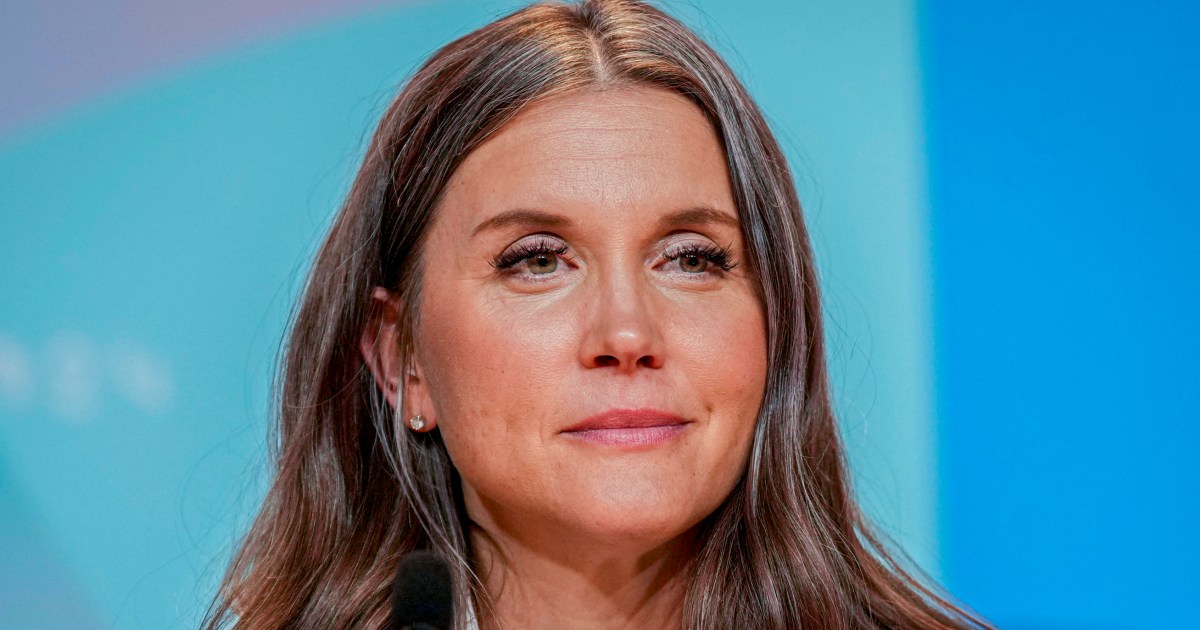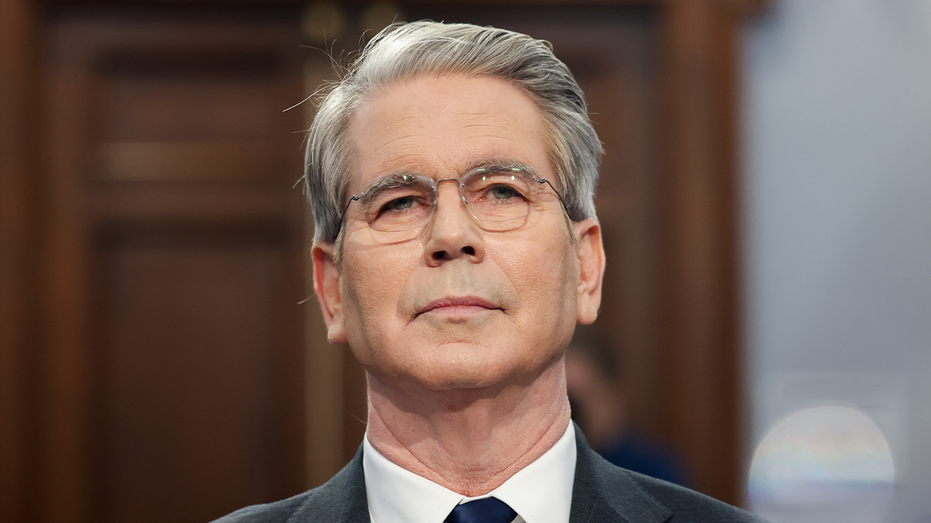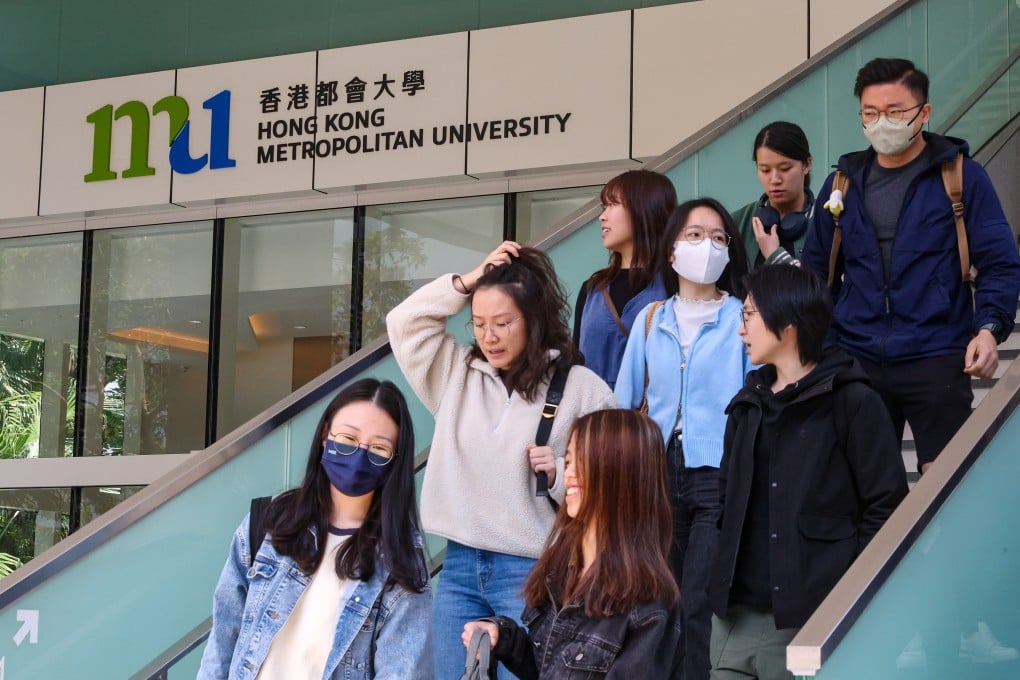True to her word , a federal judge in Boston has blocked the Trump Administration’s attempt to revoke legal status and work permits for hundreds of thousands of people living in the U.S. under a humanitarian parole program.
According to U.S. District Court Judge Indira Talwani, a March 25 Federal Register Notice of new regulation titled “Termination of Parole Processes for Cubans, Haitians, Nicaraguans, and Venezuelans” will be stayed for now because the administration failed to provide “case-by-case review” of the “previously granted parole and work authorization issued to noncitizens paroled into the United States” before the already-scheduled end of their parole status.

“The early termination, without any case-by-case justification, of legal status for noncitizens who have complied with DHS programs and entered the country lawfully undermines the rule of law,” the judge wrote. The case, Svitlana Doe v. Noem , names as defendants (in their official capacity) Secretary of Homeland Security Kristi Noem; Todd Lyons, the Acting Director of Immigration and Customs Enforcement; Pete Flores, the Acting Commissioner of U.
S. Customs and Border Protection; Kika Scott, the Trump Administration’s “Senior Official Performing the Duties of the Director of U.S.
Citizenship and Immigration Services”; and President Donald Trump. The issues at hand are a pair of late-January Executive Orders signed by Trump and several departmental memos that followed, all of which culminated in the publication of new regulations by the Department of Homeland Security ( 90 Fed. Reg.
13611 ), which declared that the federal government “is terminating the categorical parole programs for inadmissible aliens from Cuba, Haiti, Nicaragua, and Venezuela.” “Parolees without a lawful basis to remain in the United States following this termination of the CHNV parole programs must depart the United States before their parole termination date,” the new regulation reads, in part, before going on to state that “aliens who entered the United States under the CHNV parole programs” who did not self deport would be targeted for removal “promptly.” The new regulation suggests that the need for the CHNV humanitarian parole programs, in Noem’s official estimation, had passed, and that not removing parole status before it would normally expire could force DHS “to initiate section 240 removal proceedings to effectuate” the removal of previously-paroled people.
With immigration courts already facing a years-long backlog , not terminating parole early would cause the courts to “be further taxed with adjudicating the section 240 removal proceedings for the pertinent CHNV beneficiary population, a result DHS finds unacceptable.” That’s not a good enough reason to declare hundreds of thousands of people, who are currently residing in the United States in full compliance with the law, as unlawfully present and then forcibly remove them, according to the judge. “Defendants have offered no substantial reason or public interest that justifies forcing individuals who were granted parole into the United States for a specified duration to leave (or move into undocumented status) in advance of the original date their parole was set to expire,” Talwani wrote in her order.
“Nor is it in the public interest to summarily declare that hundreds of thousands of individuals are no longer considered lawfully present in the country, such that these individuals cannot legally work in their communities or provide for themselves and their families,” she added. The March 25 published regulation and any “individualized notices” sent to non-citizen parolees “notifying them that their parole is being revoked without case-by-case review” are stayed, according to the court. The judge also denied the Trump Administration’s request that she hold off on issuing a stay pending their appeal of the case.
According to the judge, the administration failed to make “a strong showing that they are likely to succeed on the merits or that they will be injured absent a stay.” The White House did not immediately return a request for comment..
Politics

Trump push to end humanitarian parole halted by federal judge in Boston

A federal judge in Boston has blocked the Trump Administration’s attempt to revoke legal status and work permits for hundreds of thousands of people living in the U.S. under a humanitarian parole program.















